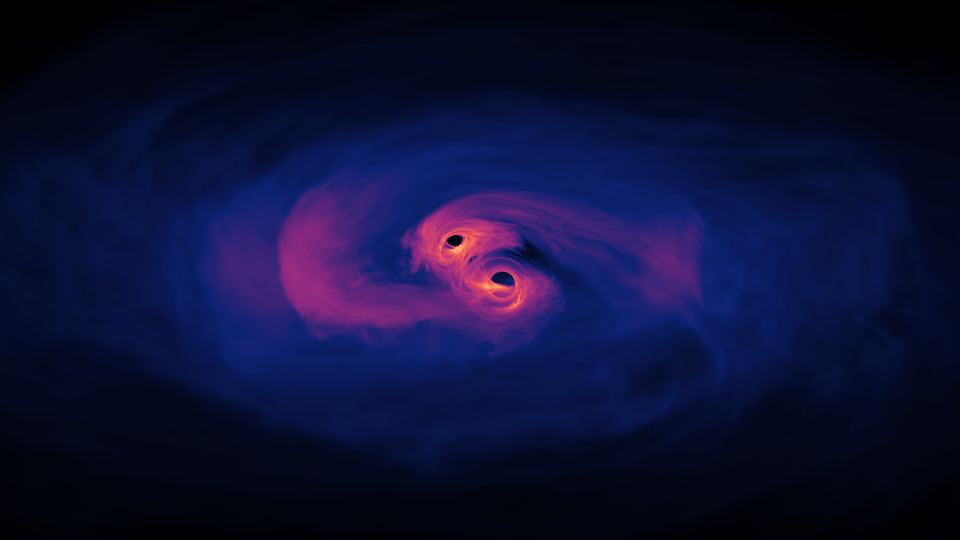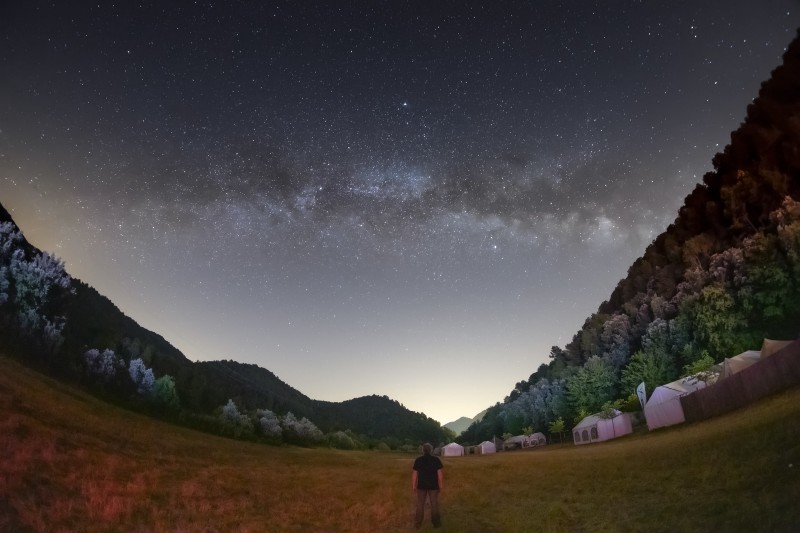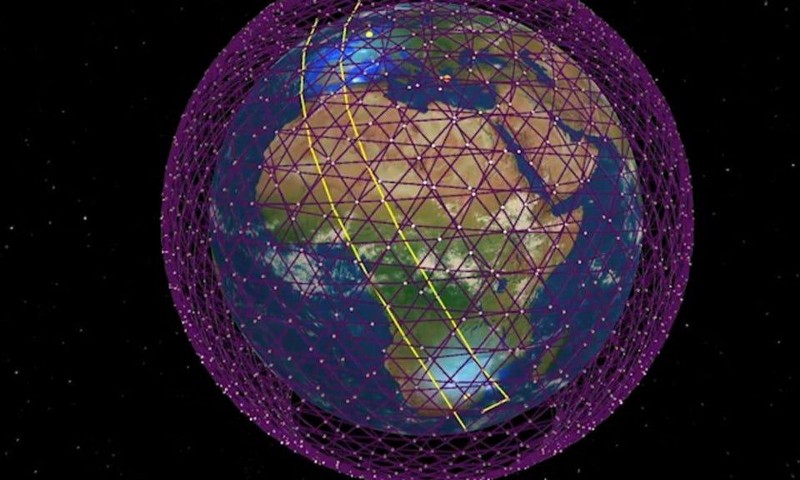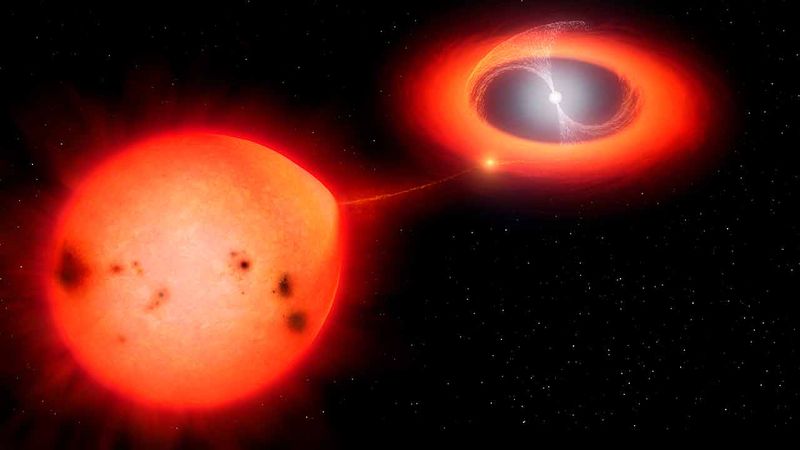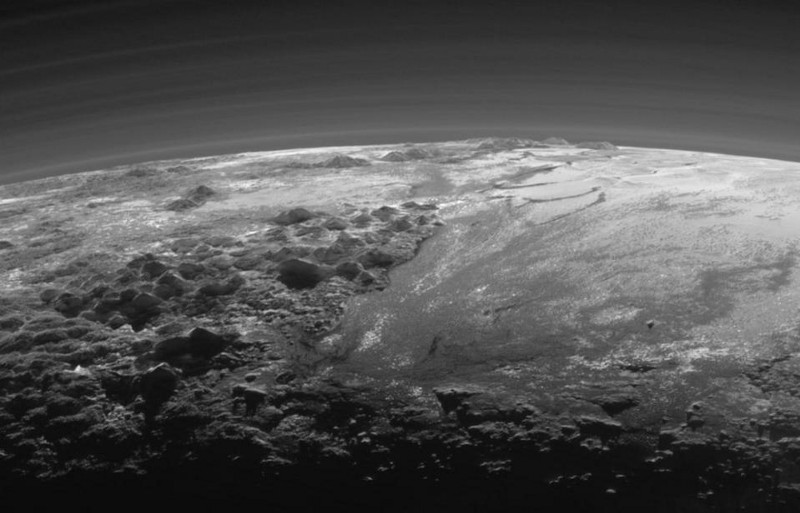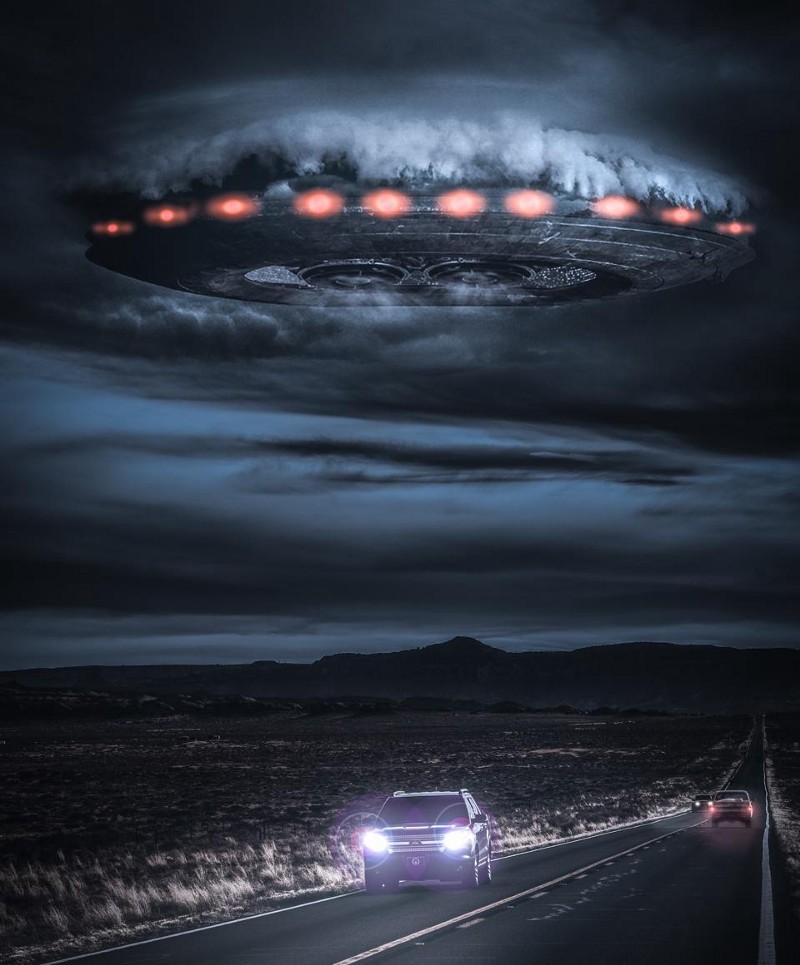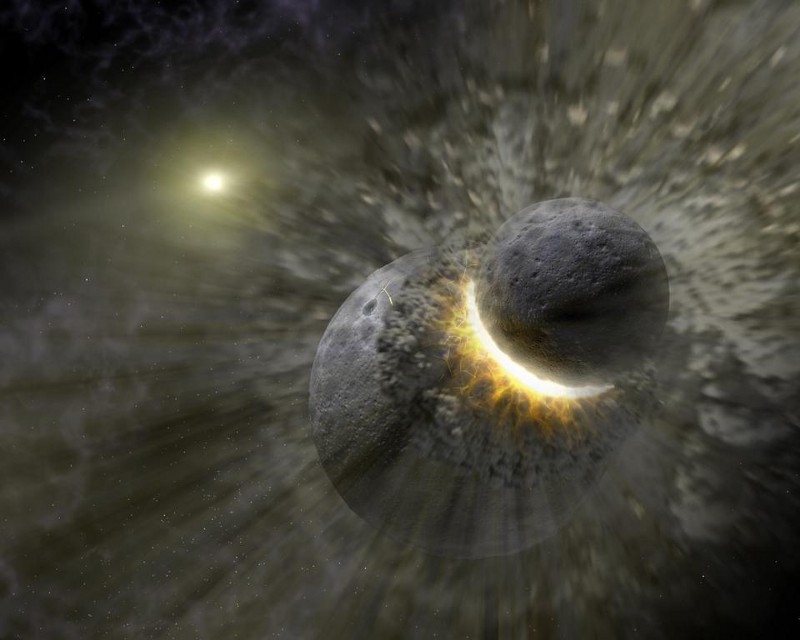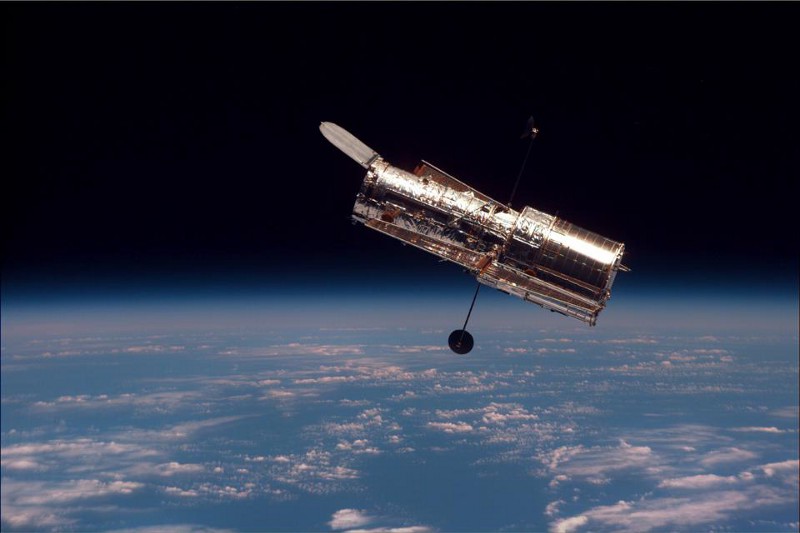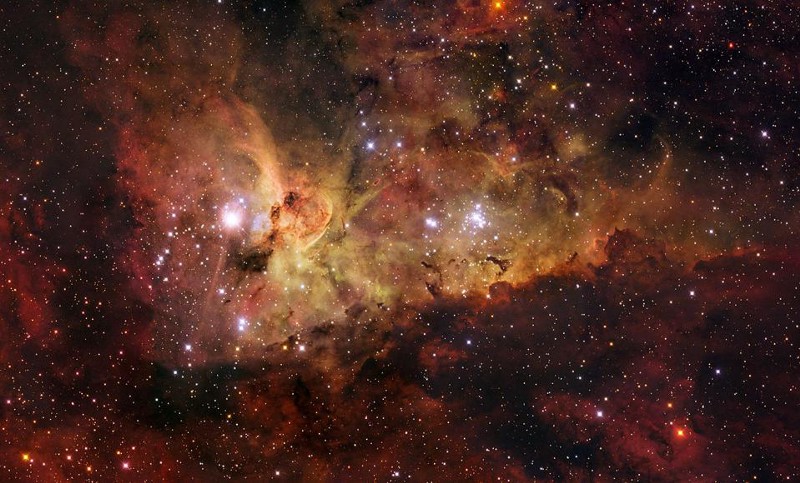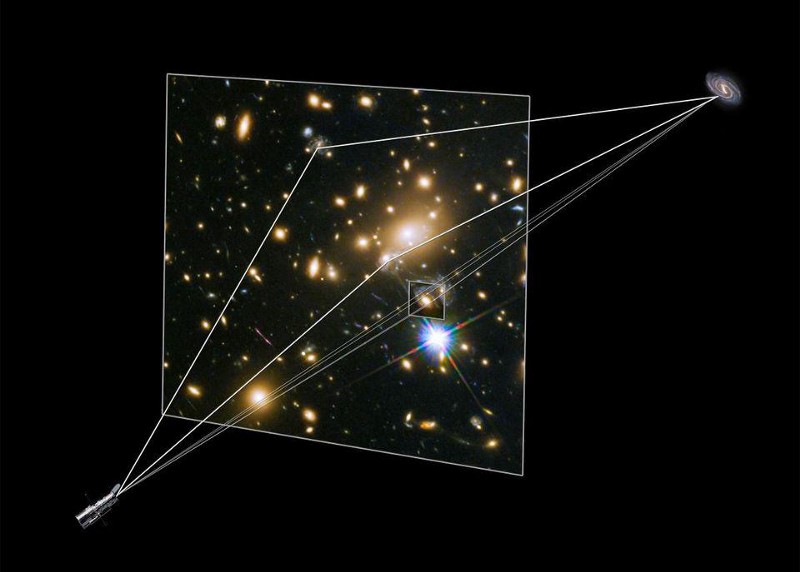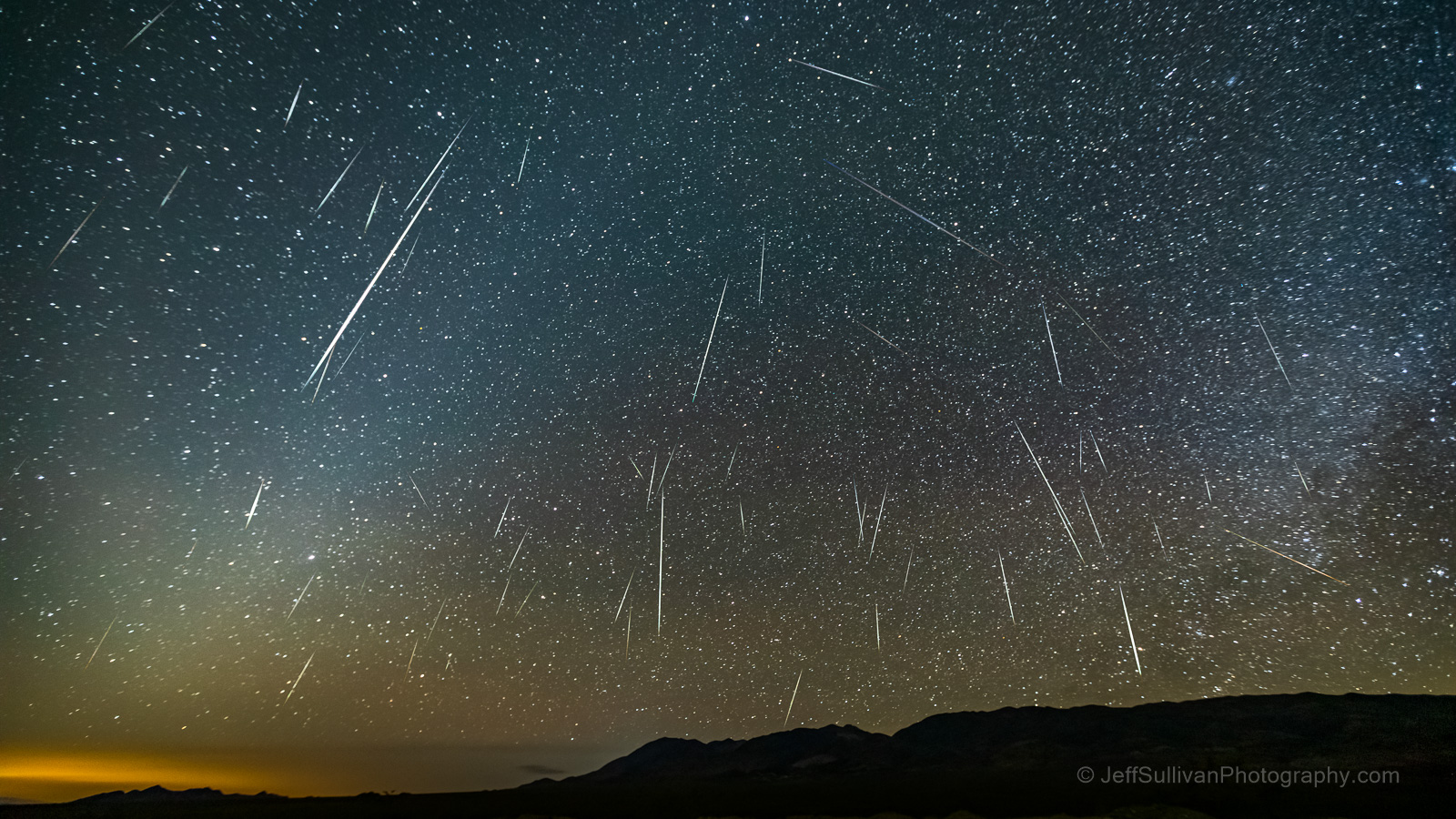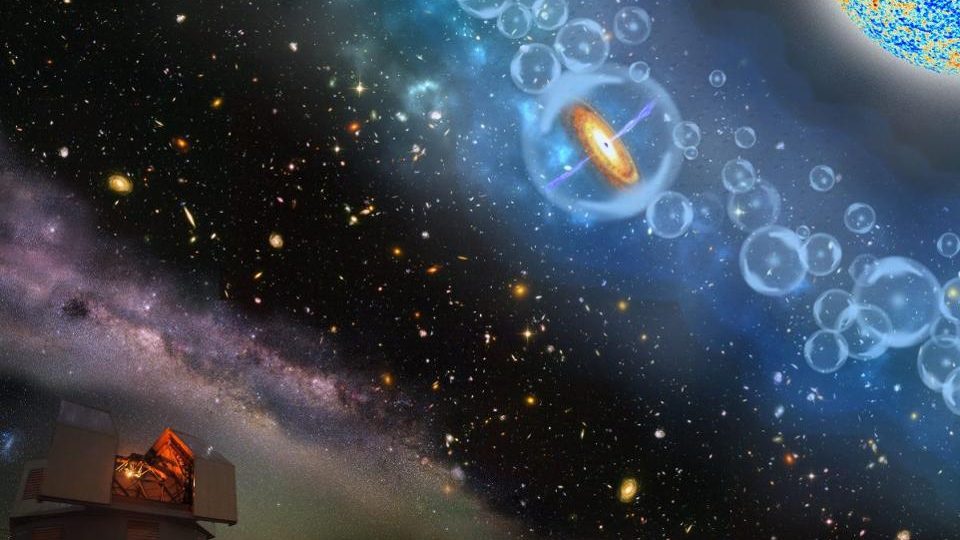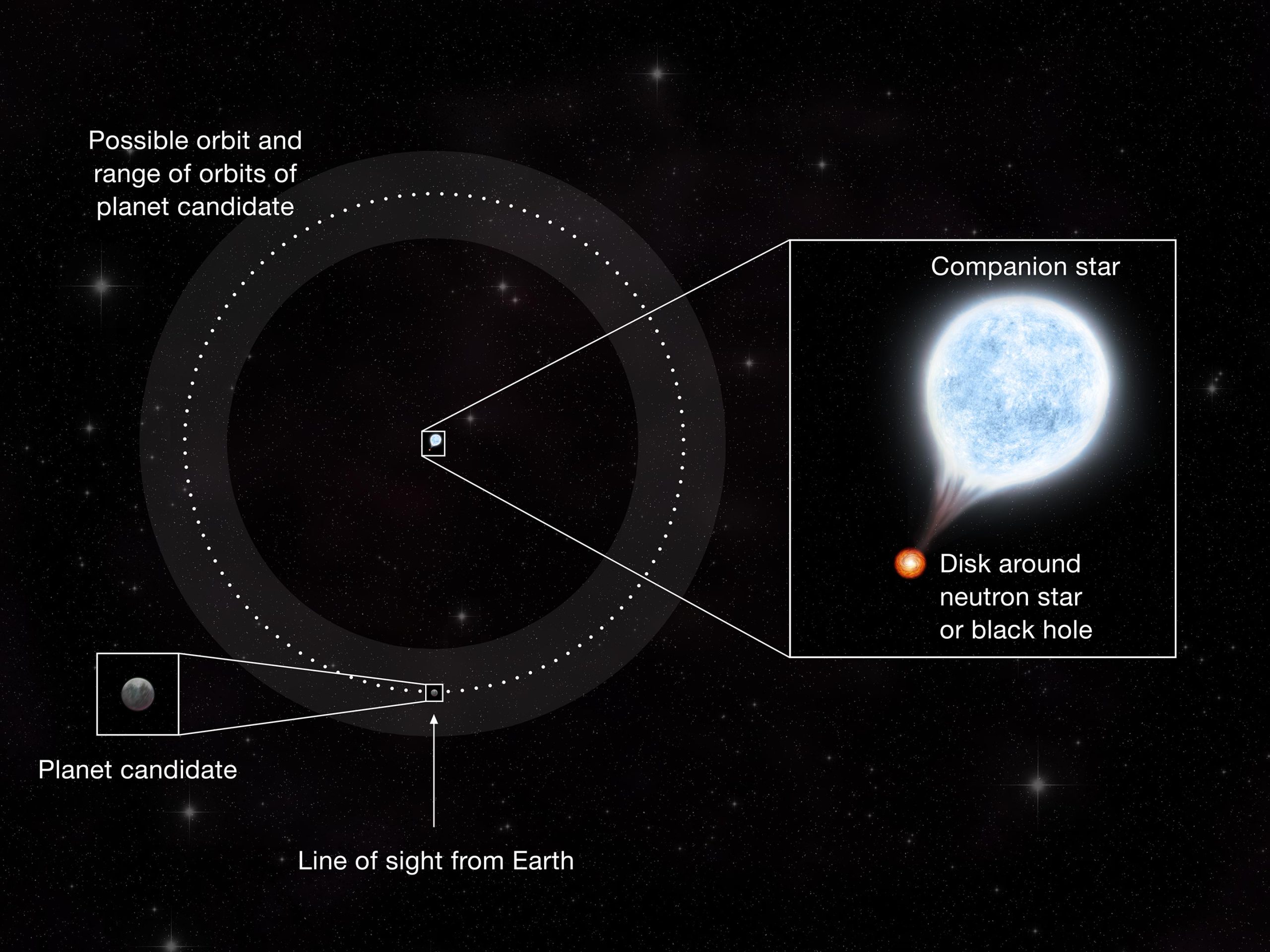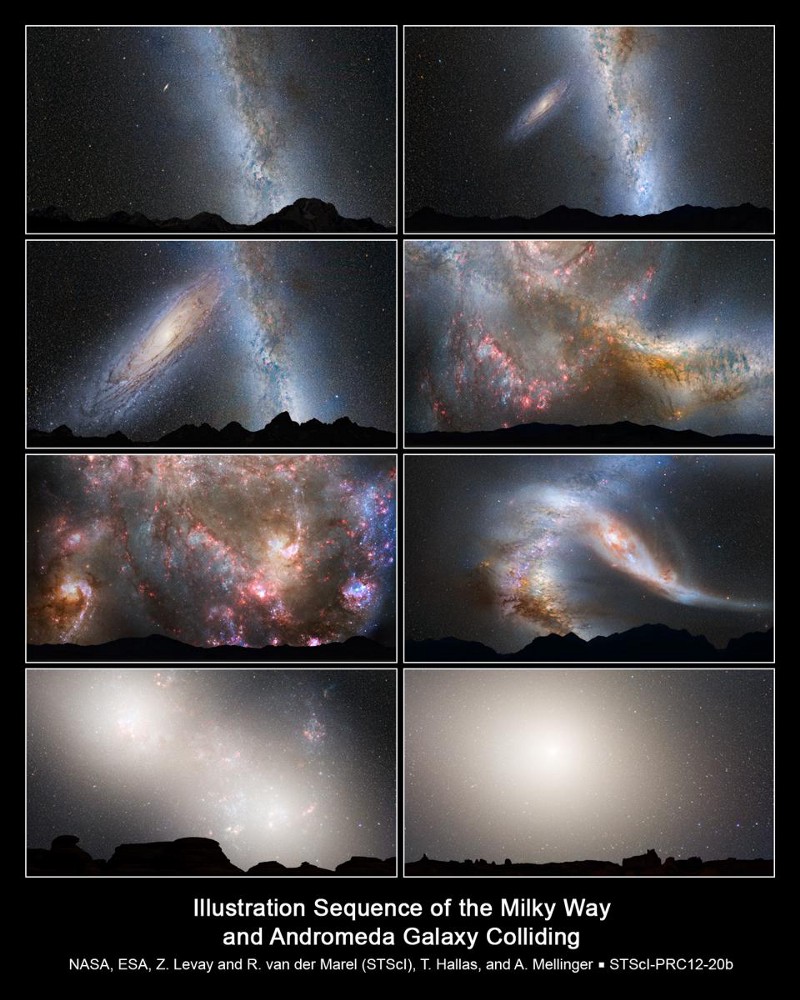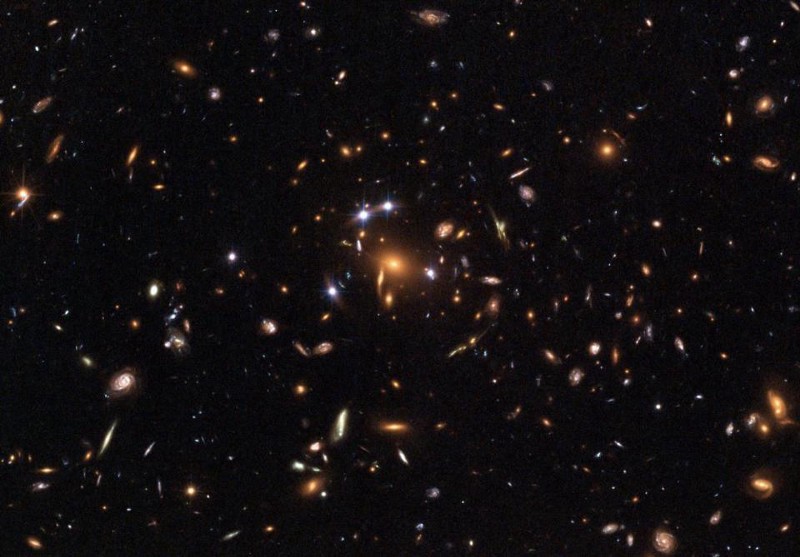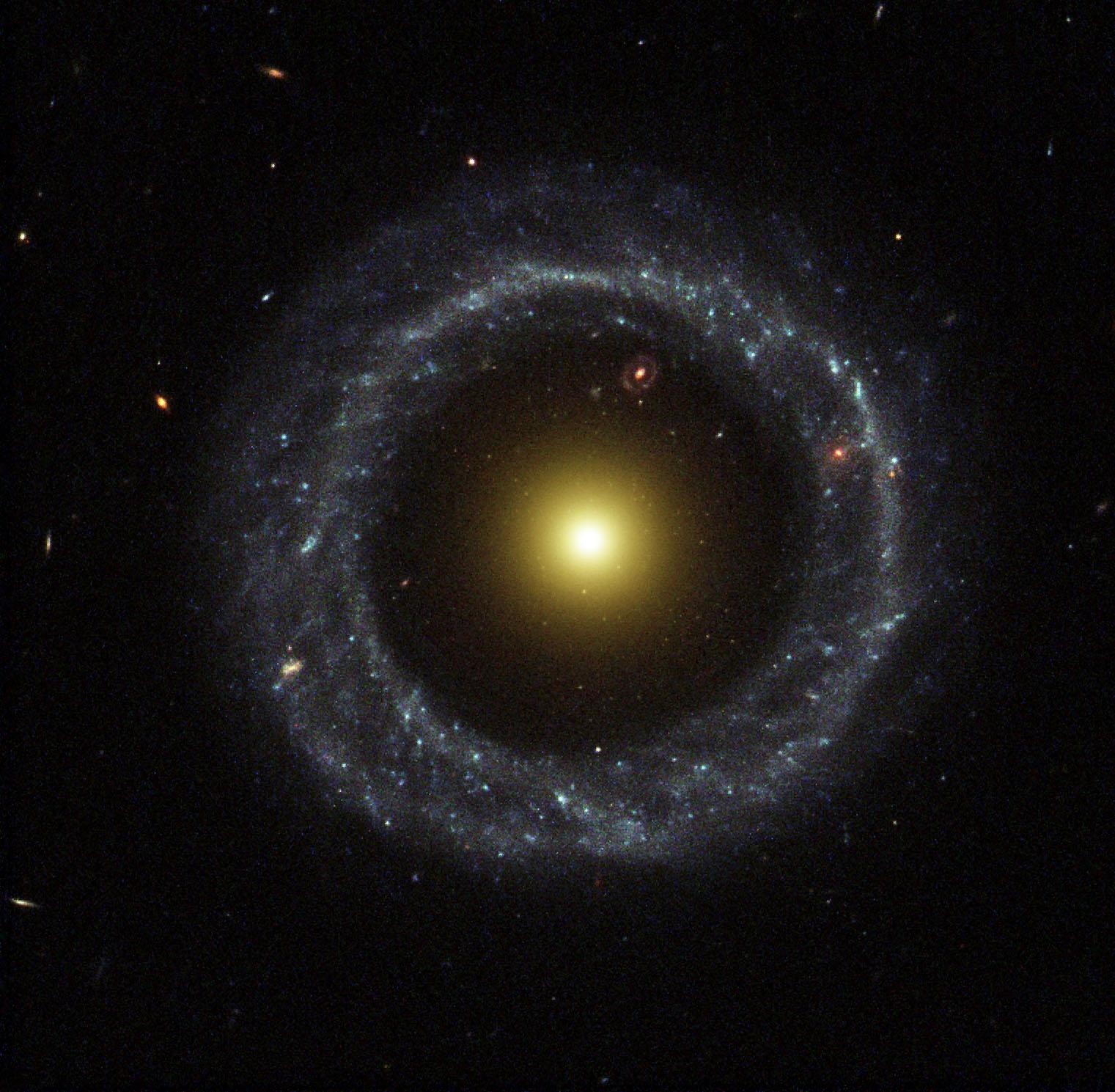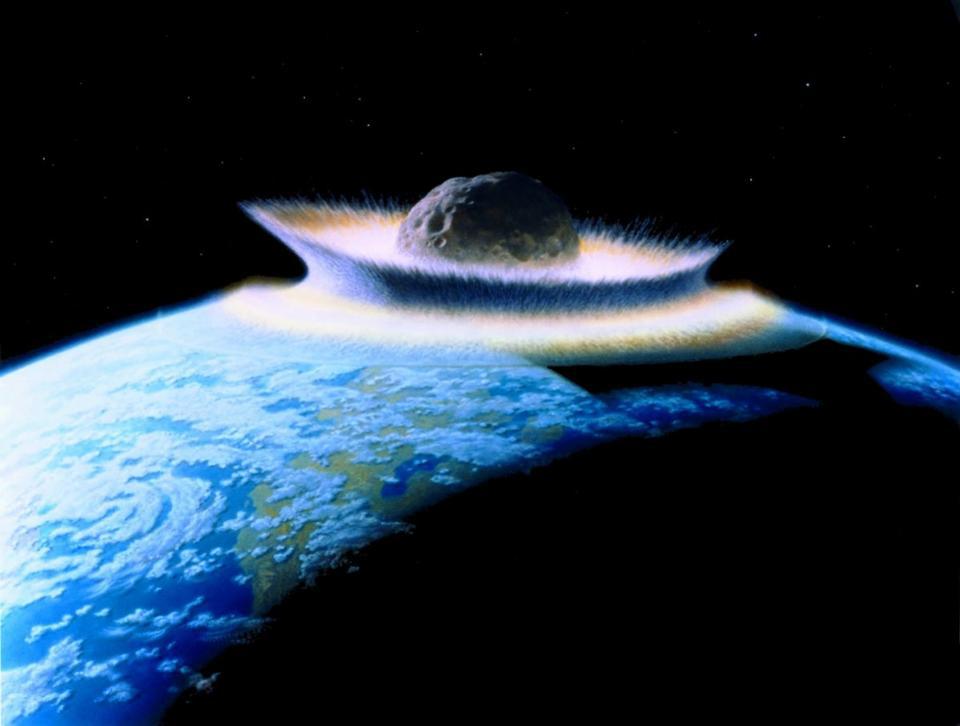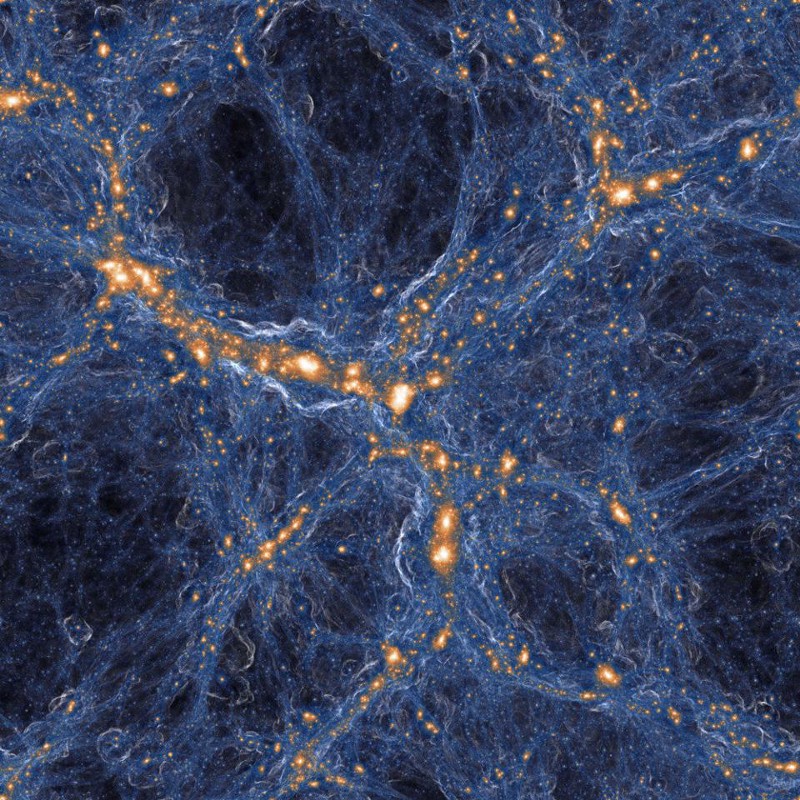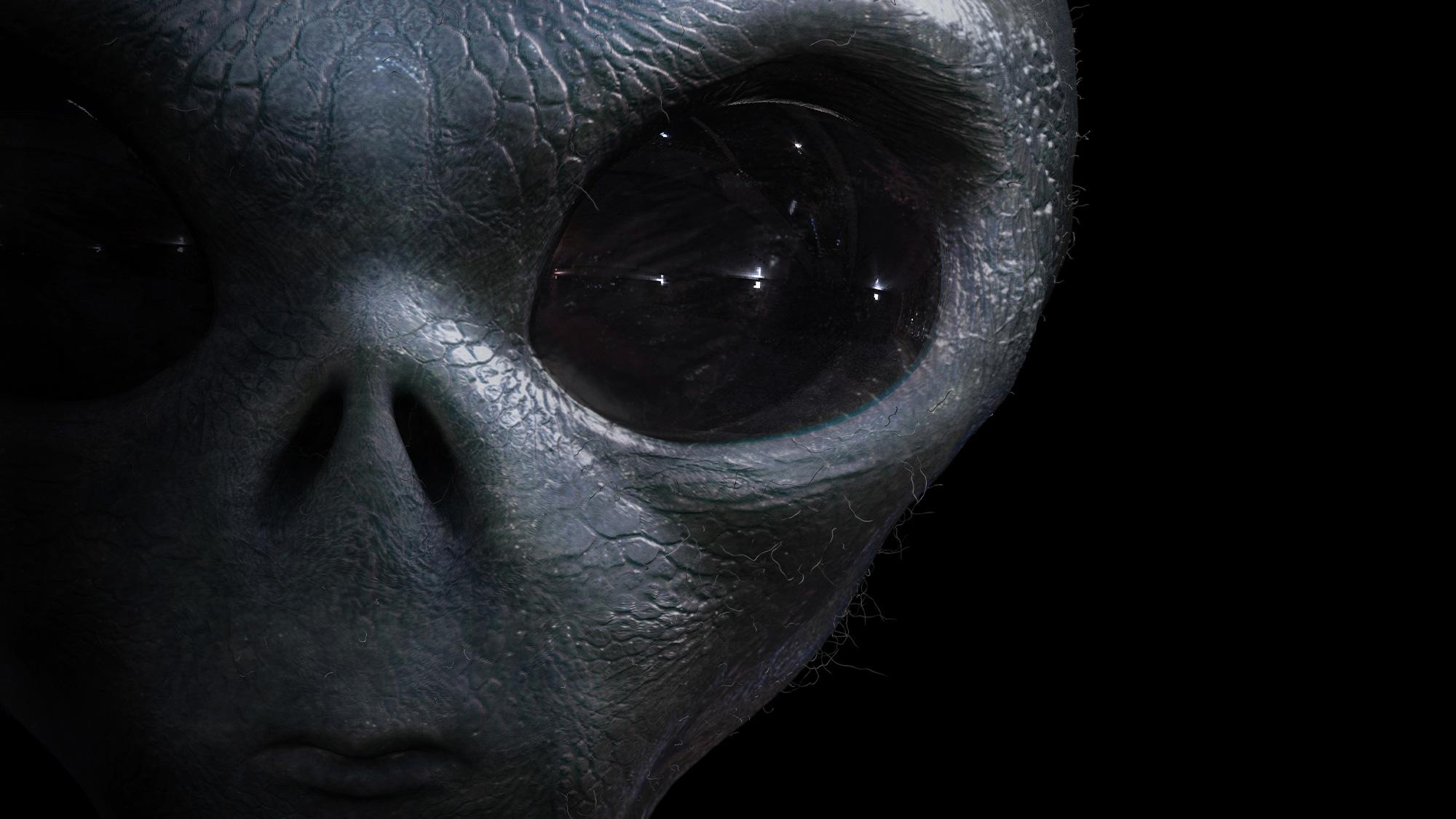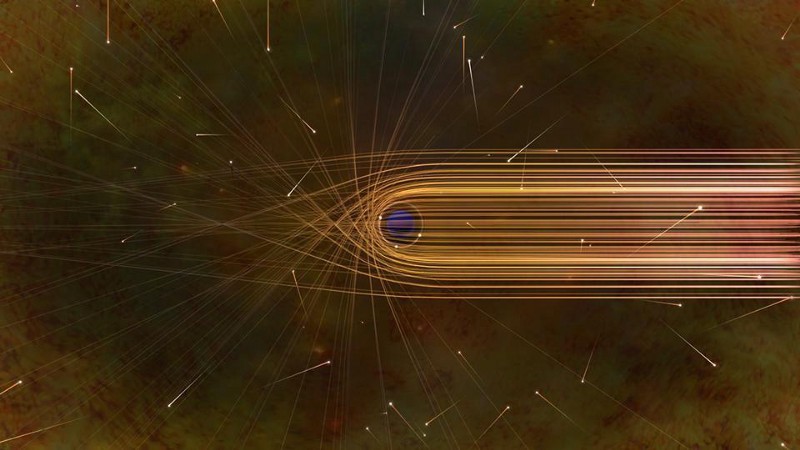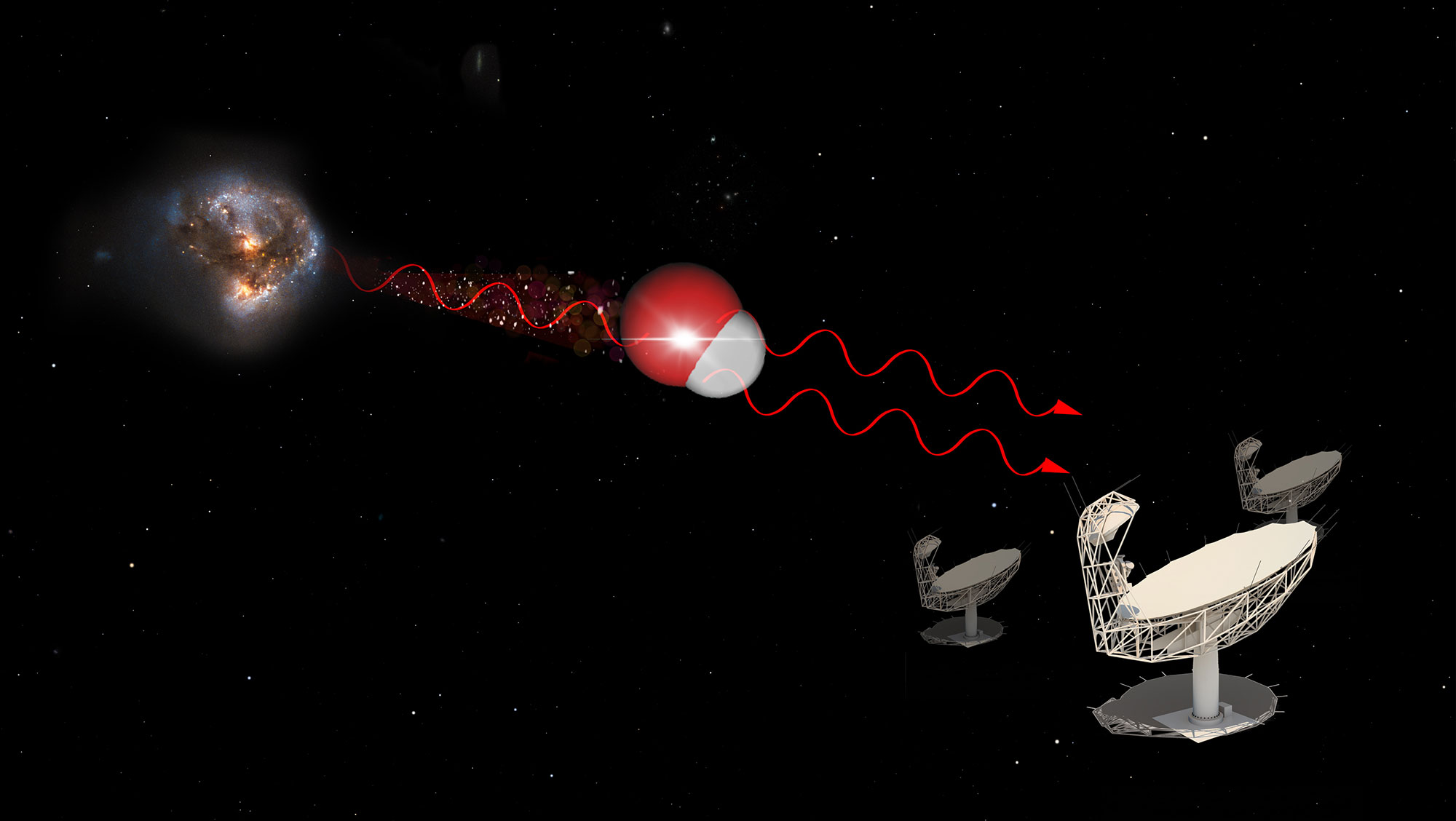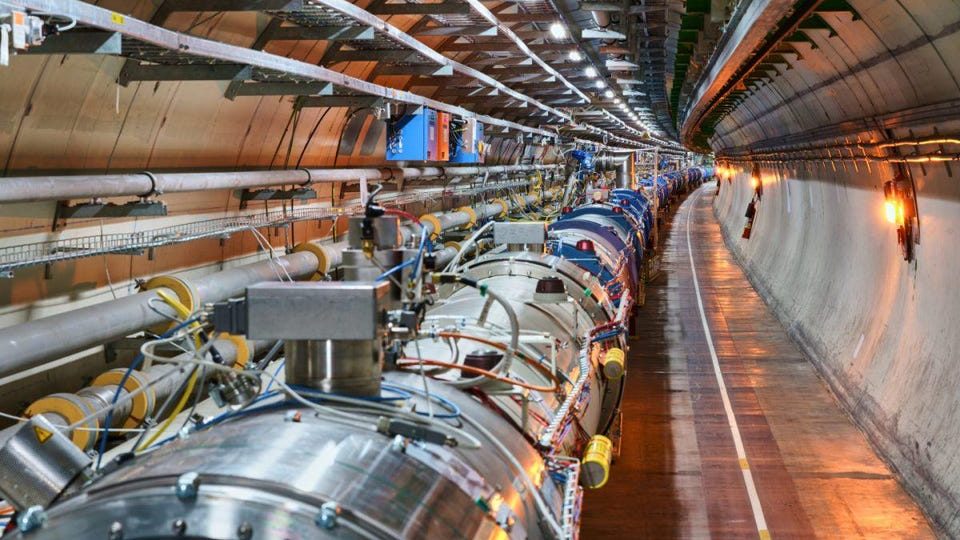We only detected our very first gravitational wave in 2015. Over the next two decades, we’ll have thousands more.
Search Results
You searched for: Telescope
Don’t miss the summer’s greatest natural sights of all. Some of the natural highlights of our night sky are easy to overlook. Every year, you’ll hear about some of the brightest, […]
GPS holds the key, but astronomers can’t do it without help. Since 2019, the night sky — as seen by both human eyes and the telescopes we use to enhance our views of […]
If you think you know how an astronomical nova works, buckle up. You’re in for a ride like you never expected.
Unless you plan to try again in 6,800 years, this week is your shot.
Just say no to artist’s illustrations. This is what the Universe actually looks like. The Universe we observe often surpasses our greatest imaginings. This 20-year time-lapse of stars near the center […]
Even the ones hunting for aliens aren’t excited. Here’s the reason why. In this world, there are very few issues more polarizing than the notion of aliens. For as long as […]
Debris from Pluto-sized collisions, not aliens, are streaming through the galaxy. In 2017, scientists discovered an object passing through our Solar System that was unlike anything else we had ever seen. […]
No matter how your year went, Hubble’s views of the Universe never disappoint. Year after year, Hubble’s telescopic views are unparalleled. Saturn, its rings, and 5 of its moons are […]
13.8 billion years ago, the hot Big Bang gave rise to the Universe we know. Here’s why the reverse, a Big Crunch, isn’t how it will end.
Mass determines a star’s fate… except when it doesn’t. Supernova events are common, visually spectacular astronomical cataclysms. In 1987, a supernova just ~168,000 light-years away was observed in the Large Magellanic […]
The Roman Space Telescope will study the expansion of the universe and search for distant planets.
NASA’s James Webb Space Telescope will truly usher in a new era of astronomy. If you want to find the very first galaxy of all, you have to understand not […]
You can lead an overconfident chatbot to expert knowledge, but can it actually learn and assimilate new information?
Today, it’s common knowledge, but it took scientists centuries to figure out.
The Universe is expanding, and the Hubble constant tells us how fast. But how can it be a constant if the expansion is accelerating?
In all the Universe, only a few particles are eternally stable. The photon, the quantum of light, has an infinite lifetime. Or does it?
Construction is nearly complete for a camera that will take 3,200-megapixel panoramas of the southern night sky.
Astronomers propose new estimate of Earth-like planets in the Milky Way galaxy.
Named M51-ULS-1b, it’s certainly a curious astronomical event. But the evidence is far too weak to conclude “planet.”
Even after our merger with Andromeda, we might retain our spiral shape for trillions of years. You probably don’t think about it very often, but the Milky Way galaxy won’t remain […]
The Universe is dark, but the distorted light reveals its presence. When we look at the objects in the Universe, the mass just doesn’t add up. A galaxy that was […]
Spirals, ellipticals, and irregulars are all more common than ring galaxies. At last, we know how these ultra-rare objects are made.
The recently discovered Oort cloud comet, Bernardinelli–Bernstein, has the largest known nucleus: 119 km. Here’s what it could do to Earth.
Which is good, because if they do, they violate the cosmological principle. In theory, the Universe should be the same, on average, everywhere. A simulation of the large-scale structure of […]
We have to use the right definition for the specific question we’re asking. When it comes to the Universe, we frequently characterize objects by examining and reporting on their physical […]
Forget about the terawatt lasers we’re making on Earth. This natural one is thousands of times more powerful than the Sun.
The way to understand the earliest moments of creation is to recreate those conditions and study them. Why would we stop now?
The study identified superhabitable planets outside of our solar system.
